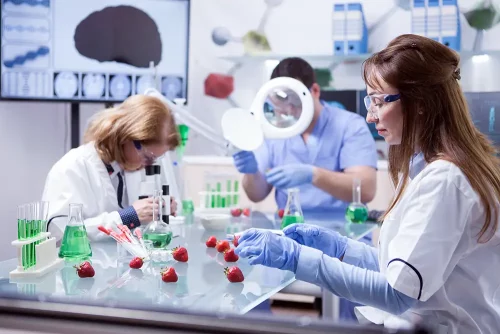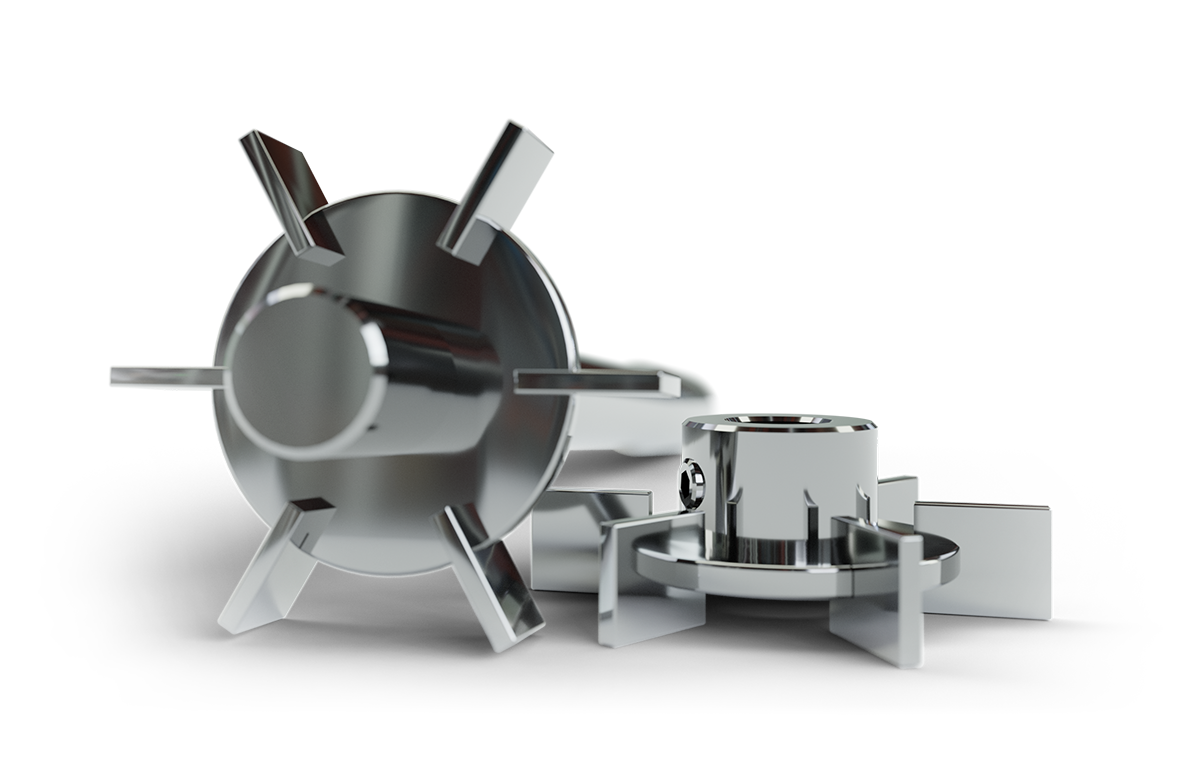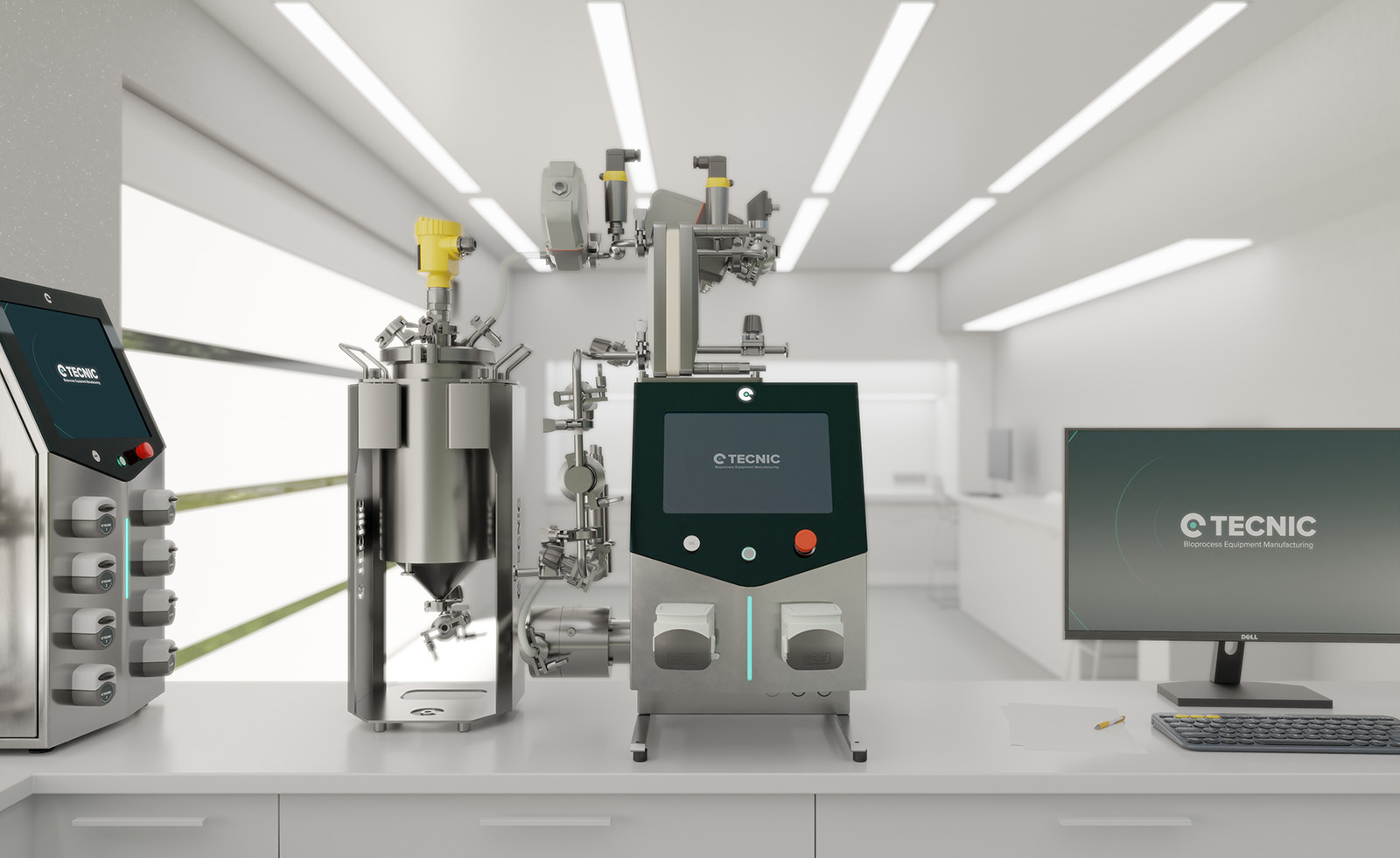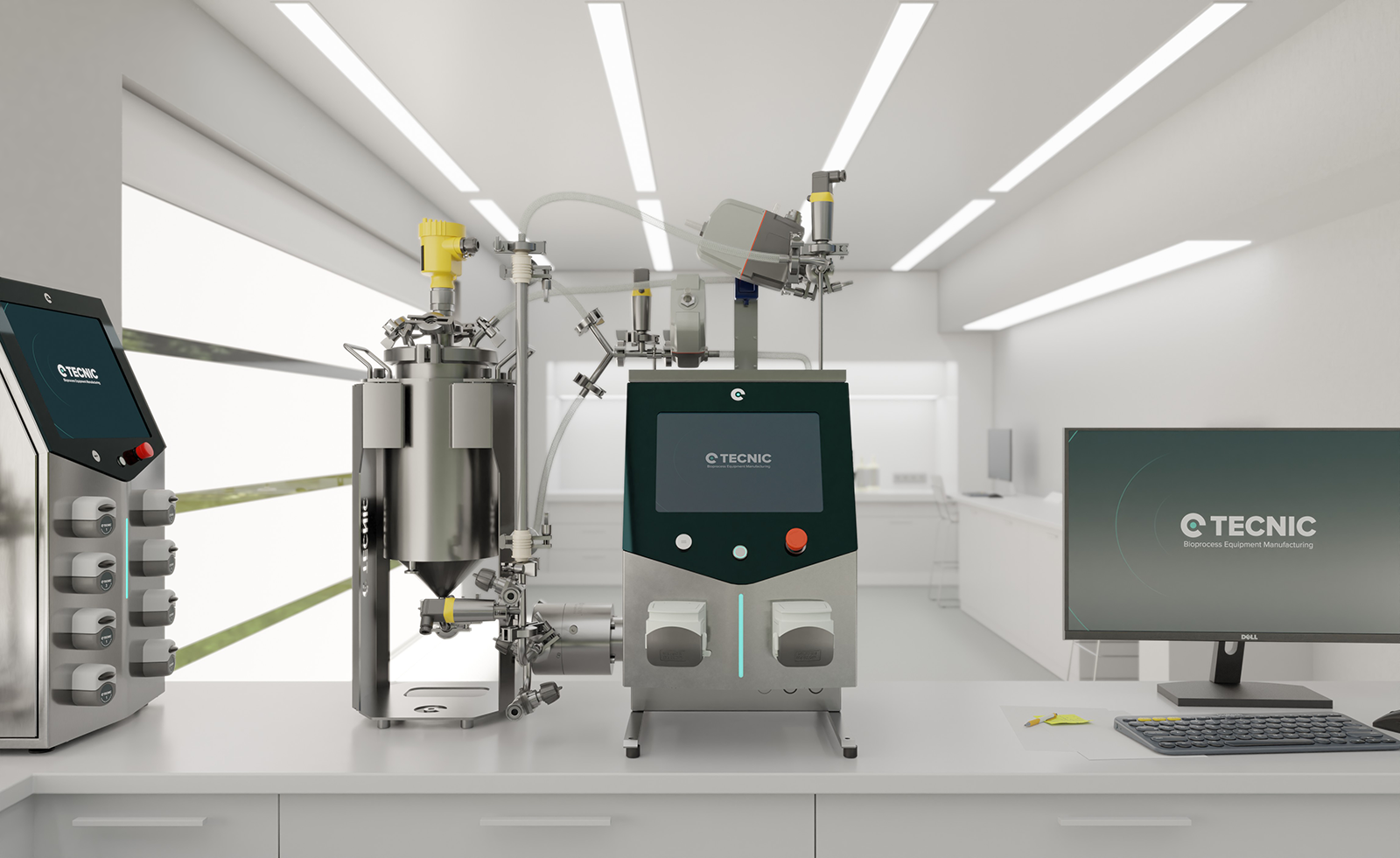Biotechnology advances are revolutionizing our daily lives in ways we had never imagined. From improving our health to combating climate change, advances in this science are leading us towards a more sustainable and healthier future. In this article, we explore 10 biotechnology advances that are changing the world. These developments are not only benefiting industry and medicine, but are also improving the lives of people across the globe.
1. Personalised medicine
One of the most impressive advances in biotechnology is personalised medicine. Through genetic analysis and other advanced techniques, treatments are tailored specifically to each patient. This allows for more effective therapies with fewer side effects. A key example is the use of targeted treatments in oncology, where a specific therapy is designed to attack the patient's cancer cells, significantly improving outcomes.
2. Messenger RNA (mRNA) vaccines
mRNA vaccines, such as those developed to combat COVID-19, have broken new ground in disease prevention. Unlike traditional vaccines, mRNA vaccines do not use live or inactivated viruses, but instead teach the body's cells to produce a protein that triggers an immune response. This approach is not only faster to develop, but also offers the possibility of treating other diseases in the future, such as cancer or HIV.
3. Bioplastics: A sustainable alternative
Plastic is one of the biggest pollutants on the planet, but bioplastics offer an innovative solution. These materials are made from renewable sources such as corn or sugar cane and are biodegradable, which significantly reduces environmental impact. Bioplastics are not only changing the packaging industry, but are also being adopted in the manufacture of medical devices and consumer products.
4. Lab-grown food
Lab-grown meat is a revolutionary alternative that promises to change the way we produce and consume food. This type of meat is grown from animal cells, eliminating the need to breed and slaughter animals, reducing environmental impact and improving animal welfare. In addition, lab-grown food is expected to become a more sustainable and nutritious option in the future.

5. 3D bioprinting of tissues and organs
3D bioprinting is a technology that makes it possible to create tissues and organs using living cells as ‘ink’. This technique has enormous potential in regenerative medicine, where it could solve the shortage of organs for transplantation and reduce the need for animal testing. Researchers are already working on printing skin, bone and cartilage, with the hope of moving towards printing whole organs in the future.
6. Gene and cell therapies
Gene and cell therapies are one of the most promising fields in modern biotechnology. These therapies make it possible to modify genes inside cells to treat or prevent diseases, such as haemophilia and some cancers. CRISPR technology is one of the best known and has enabled precise edits to be made to DNA, offering hope for curing inherited genetic diseases.
7. Sustainable biofuels
Biofuels are a renewable alternative to fossil fuels, made from organic materials such as algae, agricultural waste and vegetable oils. These fuels are cleaner and produce fewer greenhouse gas emissions, helping to combat climate change and reducing dependence on oil.
8. Environmental bioremediation
Bioremediation is the use of microorganisms to clean up contaminated soil and water. This technique is used to treat oil spills, heavy metals and other pollutants, making damaged environments safer for life. Biotechnology offers effective and natural methods to restore damaged ecosystems, reducing the need for toxic chemicals.
9. Rapid and accessible diagnostics
Biotechnology has enabled the development of rapid and accessible diagnostics that can detect diseases immediately. Examples include portable PCR tests and biosensors that can identify infections in minutes. These advances are making disease detection and treatment faster and more accessible, especially in areas with few medical resources.
10. Gene editing (CRISPR)
CRISPR technology has revolutionised gene editing, allowing scientists to modify DNA with unprecedented precision. This not only has applications in medicine to correct genetic diseases, but also in agriculture, where more resilient and nutritious crops can be created. CRISPR is ushering in a new era in biotechnology, with virtually limitless potential.
Conclusions of biotechnology advances
Biotechnology advances are transforming the world in astonishing ways. From medicine to environmental sustainability, biotechnology is opening up new opportunities and solutions to our society's most pressing challenges. These 10 advances are just the beginning of what biotechnology has to offer in the future. Keep up with these biotechnology advances to see how they will continue to impact our lives.
Frequently Asked Questions (FAQ)
Biotechnology advances refer to developments and improvements in the use of living organisms or biological systems to create products and technologies that benefit humanity. These advances include personalized medicine, gene editing, bioplastics production, among others.
Bioplastics are materials derived from renewable sources that biodegrade more easily than traditional plastics. Their use reduces pollution and dependence on fossil fuels, helping to protect the environment.
The main advantages include the ability to maintain high cell densities, reduce the accumulation of toxic products and improve the quality of the final product by maintaining a stable environment during production.
Lab-grown foods, such as cultured meat, are produced from animal cells without the need to raise and slaughter animals. These foods offer a more sustainable and ethical alternative, reducing the environmental footprint of traditional food production.
The future of biotechnological advances is very promising, with the potential to develop new solutions in health, agriculture, energy, and the environment. Technologies such as 3D bioprinting and CRISPR will continue to evolve, offering innovations that could radically change our lives.










